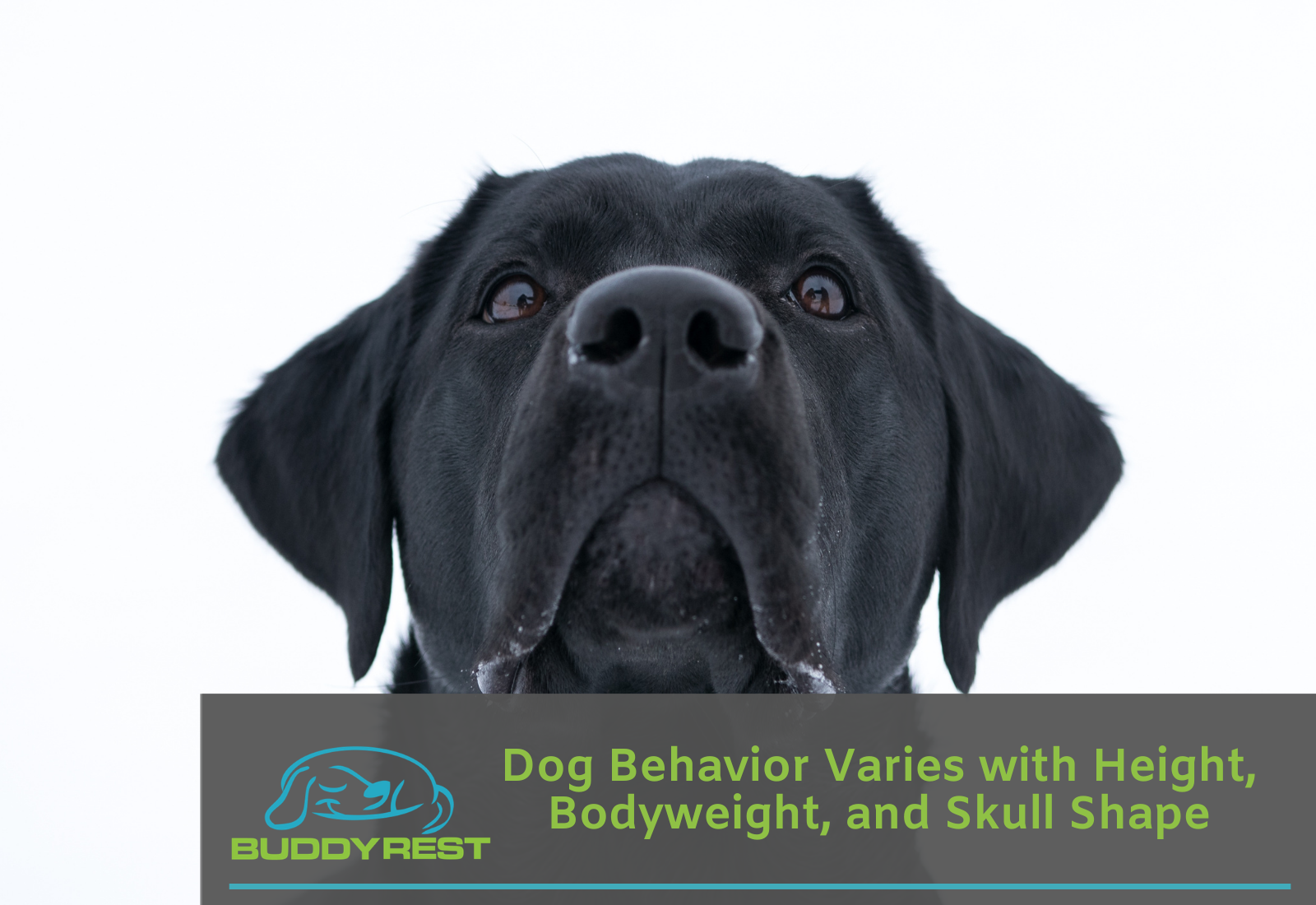Add description, images, menus and links to your mega menu
A column with no settings can be used as a spacer
Link to your collections, sales and even external links
Add up to five columns
Add description, images, menus and links to your mega menu
A column with no settings can be used as a spacer
Link to your collections, sales and even external links
Add up to five columns
Buddy Blog

10 Home Remedies for Itchy Dog Skin: A Natural Approach to Soothe the Scratch
September 18, 2023 3 min read
Read More
The Definitive Guide to CBD for Dog Anxiety: Scientific Facts and Expert Advice
September 13, 2023 3 min read
Read More
The Ultimate Guide to Coconut Oil for Your Dog: Unlock the Benefits Today!
September 11, 2023 3 min read
Read More
How to Treat Dog Sleep Disorders
February 17, 2021 5 min read

Strains and Sprains in Dogs
February 10, 2021 4 min read

Ruptured Discs in Dogs
February 03, 2021 5 min read

Megaesophagus in Dogs: What Owners Need To Know
November 05, 2020 5 min read

Dog Behavior Varies with Height, Bodyweight, and Skull Shape
November 05, 2020 6 min read

How To Teach Your Dog To Not Bark at Strangers
October 23, 2020 4 min read

Narcolepsy in Dogs: What Owners Need To Know
October 23, 2020 4 min read

My New Puppy Won’t Stop Whining at Night
October 08, 2020 5 min read
Subscribe
Sign up to get the latest on sales, new releases and more …

